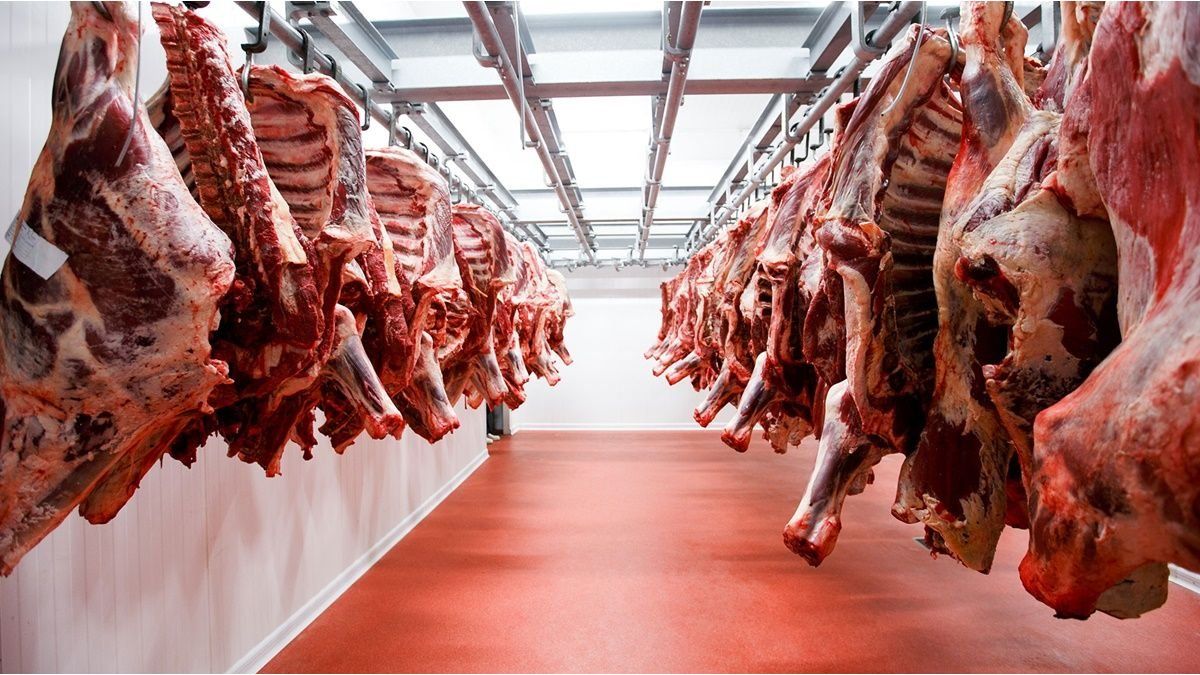The AK has raised prices again. According to this, cheap flour has become 129 percent more expensive in a year-on-year comparison (June 2021 to June 2022), butter by 76 percent and eggs by 47 percent. “The price spiral keeps turning. It’s no fun when a lot of people have to turn over every euro twice and cheap goods are more expensive,” says Gabriele Zgubic from the employee representatives. “Higher prices hit people on lower incomes much harder.”
The Chamber of Labor (AK) regularly surveys how prices are developing in the areas of energy, fuel, food and housing. And this time the numbers are “alarming”. If you want to buy the basic ingredients for a Kaiserschmarren, for example, you have to pay a lot more for flour, butter and eggs than you did in 2021.
Plus 47 percent for eggs
The current “AK Inflation Check” from June 20 to 23, 2022 at seven supermarkets and discounters (Billa, Billa Plus, Spar, Interspar, Hofer Lidl and Penny) shows: Inexpensive wheat flour (handy, 1 kilogram) cost in June 0.41 euros in 2021, in June 2022 already 0.93 euros. “That’s a price increase of 129 percent,” calculates Zgubic. Tea butter (1 kilogram) cost 5.67 euros in June, now 9.96 euros – that means a price increase of 76 percent. And an egg (size M) was EUR 0.15 in June 2021, and now EUR 0.22 at the end of June – an increase of 47 percent.
“People who have less money compare prices when shopping and also buy cheaper groceries,” says Zgubic in a broadcast. “A big problem is that, in addition to the sharp rise in prices, there are sometimes no cheaper own brands in the shops and consumers have to resort to even more expensive products.” And that puts a particular strain on low-income earners.
Price reduction measures are missing
The government’s anti-inflation package is positive, but from the point of view of the AK, “important measures are missing, such as prices falling. A temporary reduction in VAT on food would therefore be a great relief for households with low incomes in times of massive inflation.” Right now, low-income households need a temporary reduction in VAT on groceries.
Although all other households also benefited from such a reduction, the more money available, the smaller the proportion of food in total expenditure. According to the AK, households with low incomes benefited more than twice as much from a reduction in sales tax on groceries as did higher earners. In addition, strict monitoring is necessary to ensure that the price reductions actually reach the consumers.
How are you doing with inflation? Vote:
Source: Nachrichten




